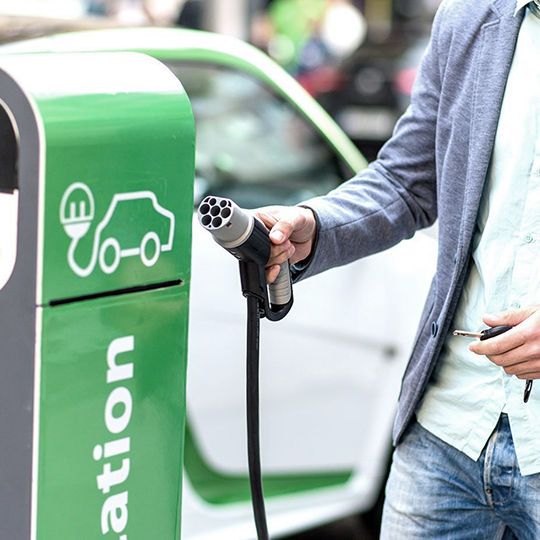New technologies continue to change the way we live and work at a breath-taking speed. Often, they discreetly weave their way into the fabric of our daily lives without us paying the slightest bit of attention. This has undoubtedly been the case with artificial intelligence (AI).
Leftronic reports how AI usage has grown by approximately 270% in the past four years and, given its potential to accelerate much-needed change in areas such as healthcare and mobility, the sky really is the limit.
The power of AI
Artificial intelligence is now a fact of life and, despite the well-documented fears regarding job security, AI has proven to amplify human capabilities. Accenture argues that, when implemented with a “people-first approach,” AI can “enable employees to focus on higher-level, mission-critical activities while helping them work significantly faster on less complicated tasks.”
They also describe how AI represents a shift from people having to learn to think like computers, and how they were programmed, to computers being able to alter their processes in order to think like people. This opens a new world of opportunities across all industries.
In healthcare, for example, we are seeing a transition from outcome-based to preventative care. The ability to quickly process huge volumes of real-time data using AI allows healthcare professionals to assess with greater certainty the evolution of a patient’s condition. Moreover, AI helps analyse workflows, prioritise patients, reduce backlogs and, as a result, improve the overall quality of care.
This may all appear quite complex and detached from our daily lives but, as mentioned, AI is all around us: from when we wake up in the mornings and check our emails to when we scroll through our social media timelines while commuting to and from work.
Our daily lives
Forbes outlines a list of ways of how AI is already being used in our everyday lives, be it at home or in the office – or both – given the continued rise of workplace mobility.
- Opening your phone: unlocking your device using biometrics involves artificial intelligence. AI uses machine learning algorithms to compare the scan of your face or finger with what it has stored to determine if the person trying to unlock the phone is you or not.
- Social media: AI works behind the scenes to personalise what you see across your timelines (based on past interactions and browsing history). It also figures out connection suggestions, identifies and filters out fake news, and machine learning works to prevent cyberbullying.
- Sending emails: spam filters use artificial intelligence to either block emails that are suspected as spam or identify an email as something your recipient would like to receive in their inbox.
- Search engines: AI helps search engines to deliver the results most relevant to you. The ads that always seem to follow you around are enabled by AI and are based on your search history. These are personalised to you with the goal of placing items, which the algorithms believe you will value, on your screen. In terms of marketing, AI plays a huge role in search engine optimisation (SEO), influencing how the likes of Google rank web pages and, therefore, largely dictates companies’ content marketing strategies.
- Banking: artificial intelligence is heavily involved in transaction security and fraud detection for both consumers and businesses. When purchasing goods, artificial intelligence can flag transactions which appear to be suspicious, be it in terms of location, amount or type. This usually triggers the need for the relevant party to verify the transaction.
AI and Humans – A race against the machine?
As the Fourth Industrial Revolution (4IR) takes hold, the struggle between humans and machines rumbles on. There exists still significant mistrust in some quarters about the threat posed by AI towards traditional jobs as the demand for automation grows.
Those resisting AI are destined to fall behind competitors at a rate we have never before been seen. As per Leftronic, the global AI market is expected to reach a revenue of €108.6 billion by 2025.
AI, just like the 4IR, is not a “trend.” It marks a new era and is changing the nature of our very existence, whether we like it or not.
Automation: The Future of Work

Get a copy of the Ultimate Remote Working Guide
Download the e-book and discover why your organisation should employ such a policy.
Innovation transforming our lives for the better
In the digital age, technology will edge into every aspect of society to make life easier and safer for everyone.




